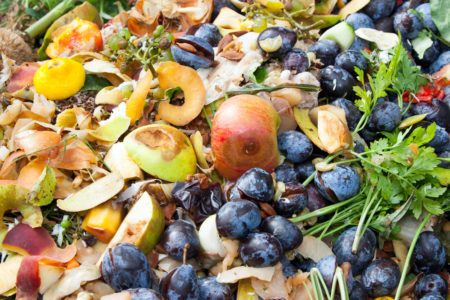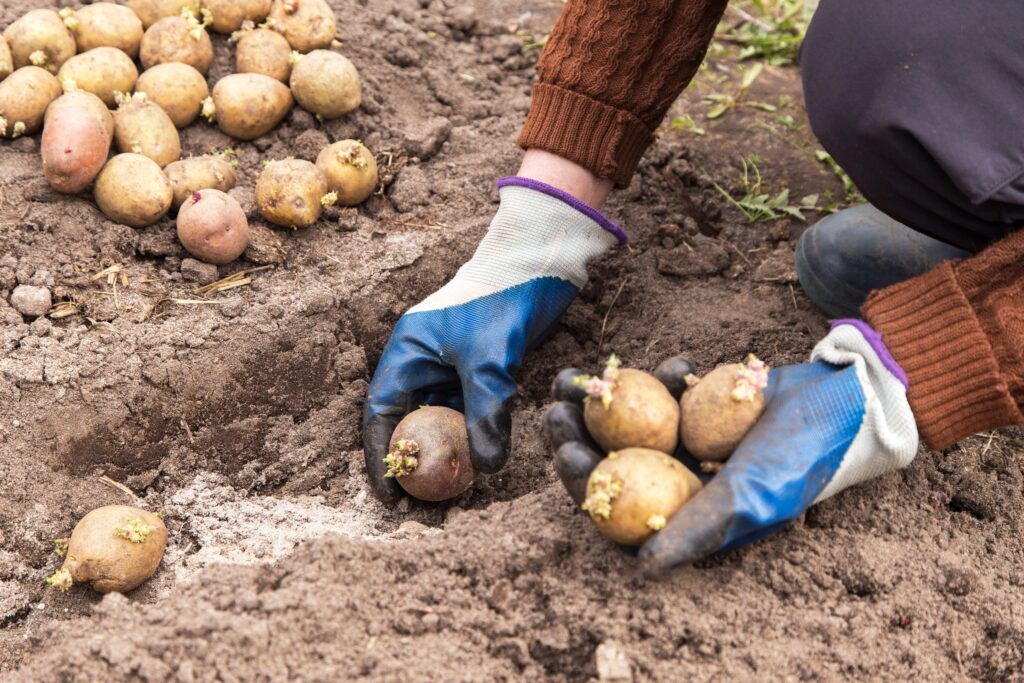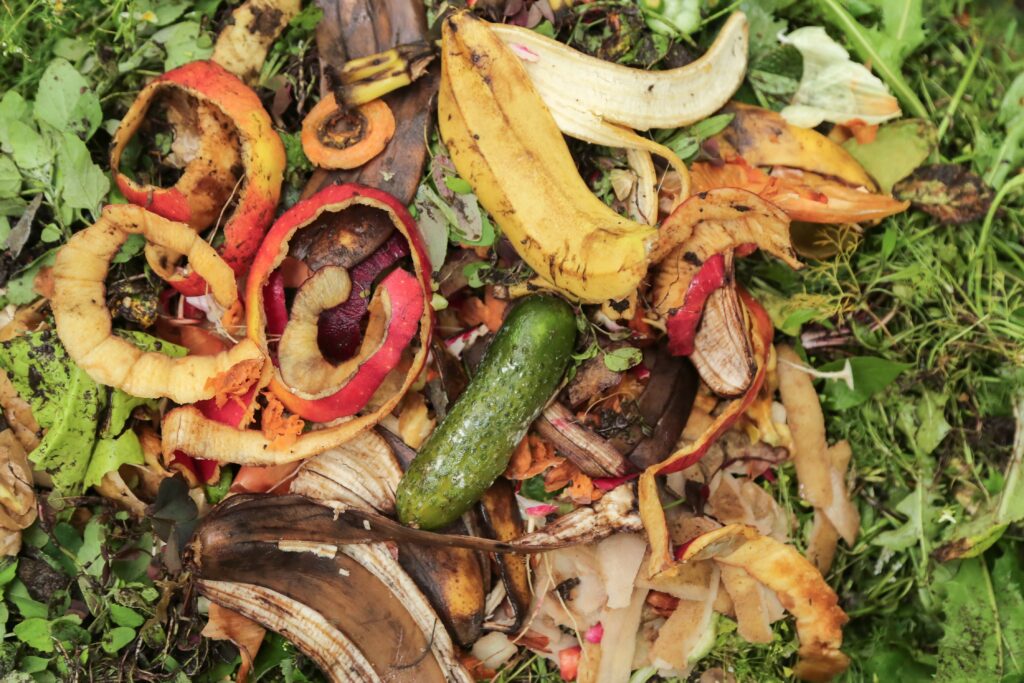Nicola Hopley, food waste team leader at the department, was speaking on a panel at the Food Packaging vs. Waste conference at Aston University yesterday (13 February).

She said: “We’re seeing a huge level of reduction in food waste – particularly in household, and that’s great news – but there still is generally a high level of denial amongst a lot of the general public about food waste.
“If you ask quite a lot of quite proportionate people ‘do you waste food in your home’, people will say ‘no, no, I don’t waste food.’ Surveys that WRAP have done have really demonstrated this.
“Why is that? We know people are wasting food because we measure. We know that we’re wasting 9.5 million tonnes of food a year in the UK.”
According to Ms Hopley, the most frequently wasted food in the UK includes bread, milk, potatoes and poultry.
Campaign
At the conference she announced details of a Defra campaign aimed at raising awareness of the issue, to run this May, targeting consumers.

She said Defra was to call on business stakeholders and retailers to help it deliver the campaign.
Earlier this week Defra said it would “work closely” with local authorities to fulfil the government’s commitment to roll out separate household food waste collection across England by 2023 (see letsrecycle.com story), a policy outlined in the recent environment bill.
World leaders
However, Ms Hopley described the UK as a world leader at tackling the problem of plastic packaging and attributed the country’s success in part to the implementation of the Resources and Waste Strategy.
“The UK is a leader in tackling plastic”
She said: “In general, the UK is a leader in tackling plastic. We have made commitments through our Resources and Waste Strategy to move towards a circular economy, and that includes all plastic packaging on the market being recyclable, reusable or compostable by 2025.”
She pointed the UK Plastics Pact, a voluntary initiative to which companies sign up and commit to tackling plastic packaging, as a significant driver for change.
Conference
Also speaking on the panel was director of the Birmingham Food Council Kate Cooper, Nestle’s head of value chain sustainability Andy Griffiths, director of the National Centre of Excellence for Food Engineering at Sheffield Hallam University Professor Martin Howarth and Ed Roberts, Sealed Air’s regional sustainability director.
Topics covered included trying to define the term ‘sustainability’, the effectiveness of initiatives in reducing plastic waste, and the potential commercial implications of committing to tackling packaging and food waste.









Subscribe for free